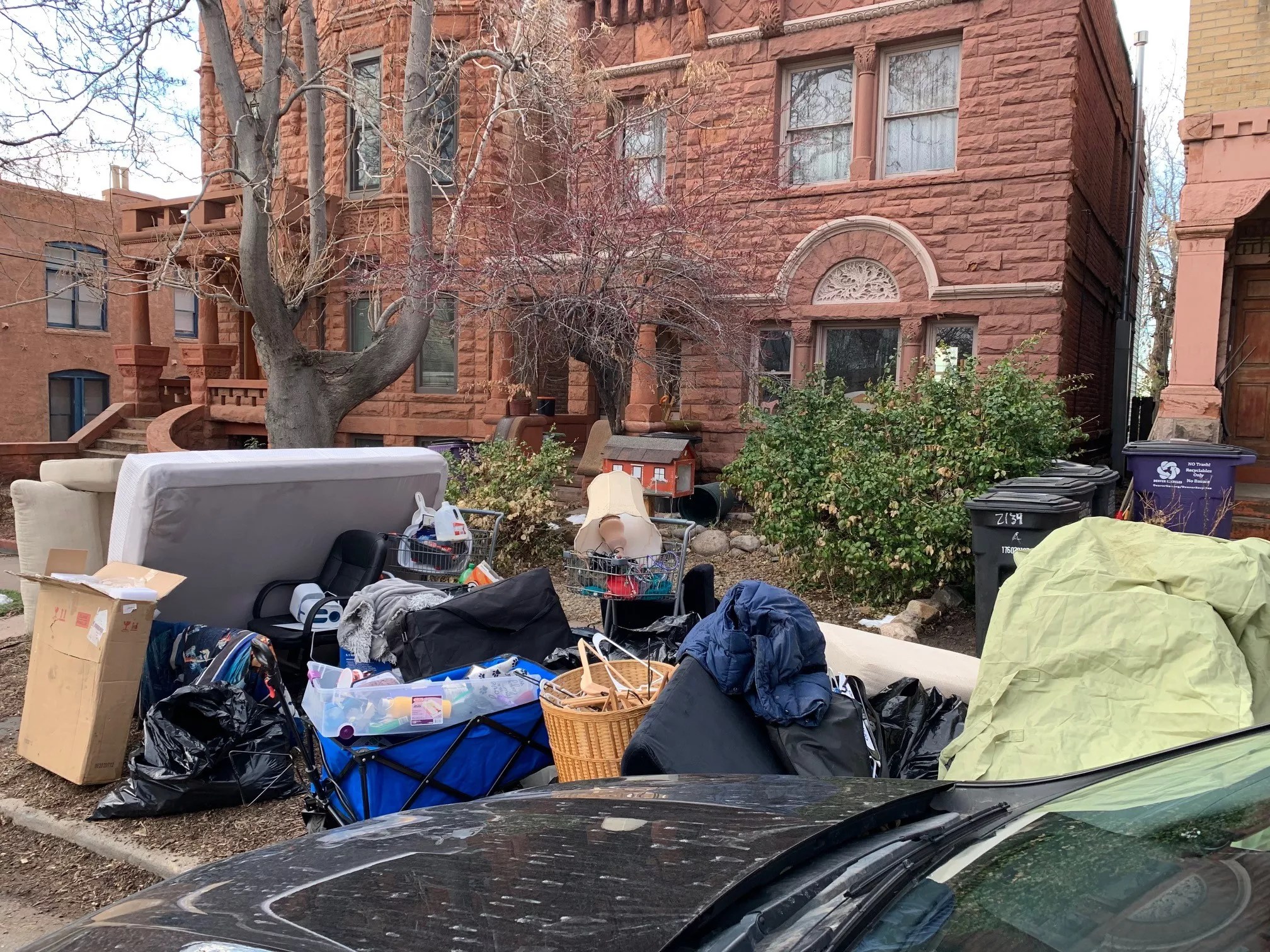
Patricia Calhoun

Audio By Carbonatix
Denver City Council is making sure people who applied for its Emergency Rental Assistance Program don’t get left high and dry.
On February 6, council approved a resolution to amend its contract with The Community Firm, which is part of the Community Economic Defense Project. That project started during the pandemic as the COVID-19 Eviction Defense Project, which endeavored specifically to prevent evictions during the pandemic before expanding its mission to help create better conditions for low-income and working people in Colorado.
The City of Denver’s Department of Housing Stability is still working to distribute Emergency Rental Assistance Program funds designed to help people with rent and other home-related expenses during the pandemic. The Community Firm has administered that program, and its contract to do so was set to expire in July. Now it will last through September and gain an additional $1.35 million to continue its administration. Overall, the city will now spend a maximum of just over $11 million on the contract and work with the Community Firm.
And that money will make a big impact.
“The Community Firm will provide financial assistance and housing stability services for approximately 1,334 eligible households in congruence with the U.S. Department of Treasury Requirements,” according to the amended agreement.
The continued agreement will allow Denver’s ERAP program to pay out the money it received from the U.S. Treasury through the Coronavirus Aid, Relief, and Economic Security Act and the American Rescue Plan.
“We are grateful for this critically important investment in rental assistance from HOST and the City of Denver,” says Zach Neumann, CEDP executive director. “As federal Emergency Rental Assistance winds down and rates of court-filed evictions and first-time homelessness increase, we will need continued state and local investment to meet the needs of our communities and keep people in their homes.”
Denver’s program stopped accepting new first-time applications in December 2022 and recertification applications in November 2022, but it will still process those applications and disperse the remaining funds through the agreement with the Community Firm.
The state Emergency Rental Assistance Program made a similar decision, closing its application portal on November 15 to ensure that all pending applications would be able to receive funds.
“The ERA program really was an unprecedented program,” Melissa Nereson, housing recovery manager for the Colorado Department of Local Affairs, told Westword in September. “We likely will never see these amounts of dollars coming in for emergency rental assistance as they did during the pandemic, so what we’re doing is we’re really trying to make sure that we can stabilize households as we wind this down.”
Denver is following suit. People can receive assistance for rent, utilities and home energy costs and other household expenses; the assistance is available to households that incurred financial hardship as a result of the pandemic, those who are at risk of homelessness or housing instability, or those who qualify as a low-income family.
The Community Economic Defense Project supports people facing eviction with legal aid, advocates for better policies for working people, and helps people navigate the complicated system for accessing resources. Neumann notes that it’s best for people facing eviction or having struggles with housing costs to get help as soon as possible, even if that prospect seems daunting.
“If you’re struggling to pay your rent or you’re behind or you have that demand on your door, the faster you take action, the better off you’ll be,” he told Westword in December 2021.
The Community Firm did not respond to a request for comment.
The amended agreement, which provides funding and a timeline for people to get help, awaits City Council President Jamie Torres’s signature.